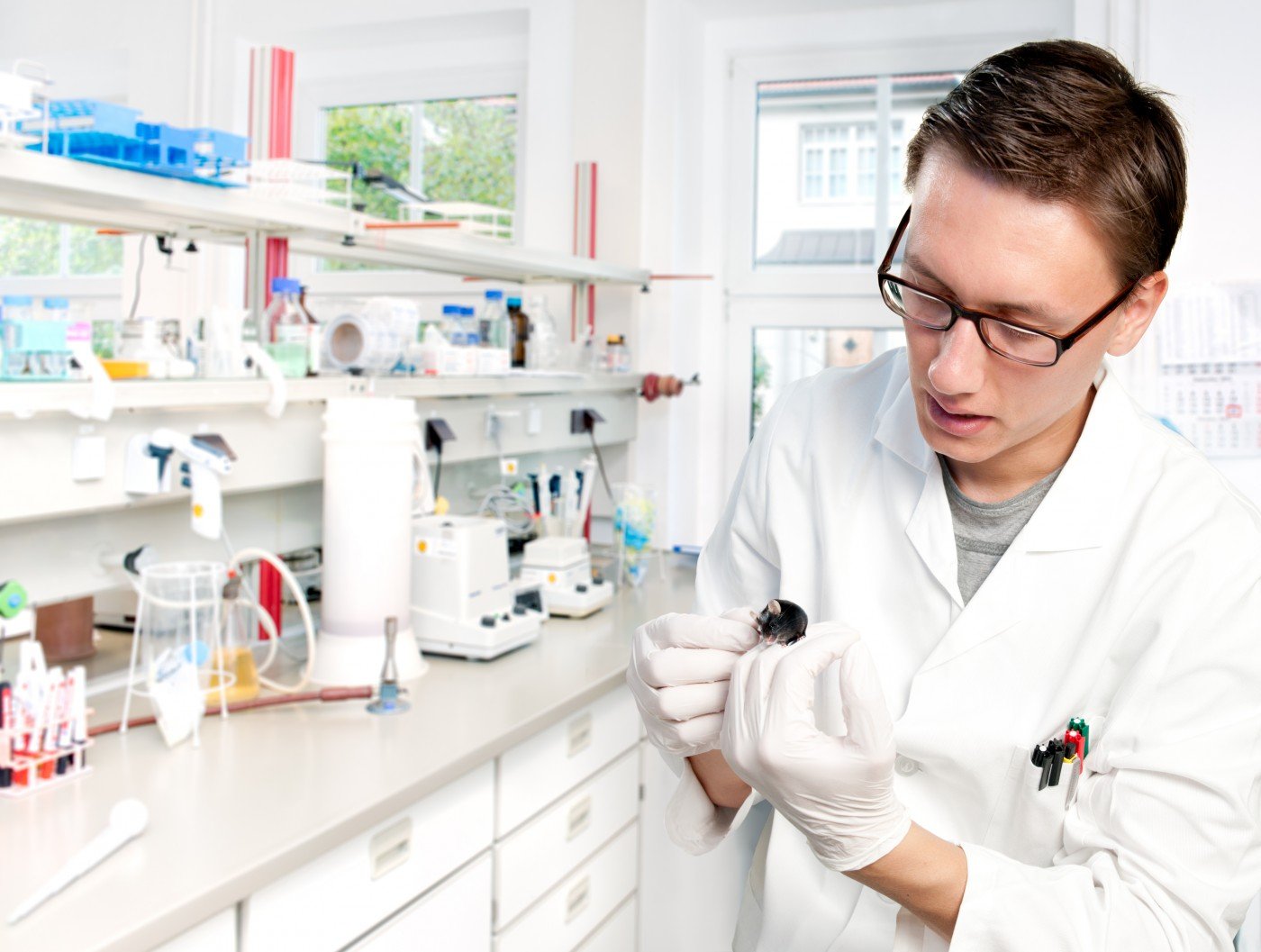Preclinical Study Identifies Spyryx’s SPX-101 as Potential Treatment for Mucus Clearance in CF Patients

Mutated mice that inhaled SPX-101 lived longer, according to a new preclinical study that highlights the drug’s potential to clear mucus and hydrate airways in patients with cystic fibrosis (CF).
The study, “SPX-101 is a Novel ENaC-targeted Therapeutic for Cystic Fibrosis that Restores Mucus Transport,” appeared in the American Journal of Respiratory and Critical Care Medicine, also known as The Blue Journal.
Researchers also showed how SPX-101 uses cell cultures of airway epithelia by directly binding epithelial sodium channels (ENaC) and removing them from the cell’s membrane.
Sodium channels exist at the surface of cells, working like gates that control how much sodium enters a cell. Sodium concentrations inside the cell are essential to determining the quantity of water that stays in the cell. By removing ENaCs from the surface of lung cells, SPX-101 inhibits the absorption of sodium and increases the amount of water going into cells, which, in turn, improves mucus transport.
SPX-101, developed by Spyryx Biosciences of Durham, North Carolina, is derived from a natural protein (SPLUNC1). It mimics that protein’s functions by binding and disrupting the normal activity of ENaCs, potentially restoring sodium absorption and cell hydration in the lungs of CF patients. So instead of aiming to treat a CF-derived malfunction, SPX-101 targets a natural, biological mechanism which is crucial in maintaining normal mucus clearance.
SPX-101’s mechanism of action is independent of the genetic mutations that cause CF, making it a potential therapy for all CF patients.
“We are honored to have the opportunity to share our work on SPX-101 with the research and clinical community through this publication in The Blue Journal,” Timm Crowder, senior vice-president for technical operations at Spyryx — and the study’s author — said in a press release. “It highlights the opportunity for a treatment approach that extends beyond mutation specific therapies, targeting treatment for all CF patients.”
Crowder added: “The strong preclinical data supporting SPX-101’s ability to promote airway hydration and mucociliary clearance suggest high potential for our product to deliver clinically meaningful benefit, which we will thoroughly investigate in our Phase 2 study beginning mid-2017.”







